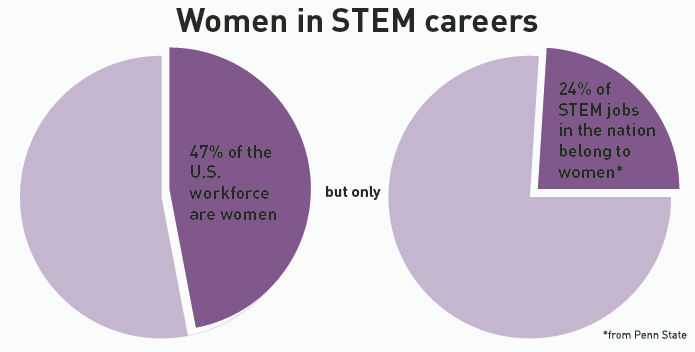DPS: Drinking offenses down, drinking not
September 16, 1998
The number of liquor, OWI and intoxication arrests reported to the Department of Public Safety fell from 1996 to 1997, according to a recent DPS report.
Liquor arrests were down by 21, OWI arrests fell by 10 and intoxication arrests dropped by 22.
Despite these statistics, the numbers do not reflect a “significant drop,” said DPS Capt. Rob Bowers.
The decrease does not mean more people are drinking responsibly, Bowers said.
“[It is] not safe to say the message is getting across,” Bowers said.
Decreased numbers could be due to increased police patrolling or activities on campus, said Loras Jaeger, director of DPS. However, the statistics do not include reports to the Ames Police Department.
“Alcohol still is the biggest problem we deal with,” Jaeger said, adding that it is linked with many other crimes.
But police efforts seem to be helping for one local Ames business.
“[DPS] has made a big difference,” said Patrick Greene, manager of Cy’s Roost, 121 Welch Ave. He said because of more enforcement students have become scared of getting caught.
A difference in people’s actions also may have contributed to a decrease in arrests.
More people designate drivers, and bartenders have taken people home, Greene said. In the 1980s, he said that did not occur as frequently.
“I think more people are finding you can have fun without drinking,” said Brian Sheriff, president of the Weekend Club, a group that hosts non-alcoholic events.
“You can have more fun getting to know a real person, instead of a drunk person,” said Sheriff, senior in finance.
Not all students attribute the drop to less or more responsible drinking.
Students find ways to get around the rules, said Fred Walker, sophomore in hotel, restaurant and institution management.
“Some people are not more responsible — some people are just lucky,” he said.
Bowers said it is too early to tell if numbers will continue to drop.
Even if lower numbers cannot be predicted, other activities are encouraging a drop.
A teleconference on alcohol abuse, produced by Washington State University, will be broadcast in November, said Dave Haden, student activities specialist.
The panel includes administration from five universities, a member of law enforcement and student leaders from the University of Wisconsin-Madison and Washington State University.
Anyone can call in questions for the panel, Haden said.
The Alcohol Education Committee also is working on a survey that will determine student beliefs and activities on alcohol. The survey is new, and questions will be different from past surveys, Haden said.
“We’re really looking at students to make a statement,” said Linda Ciccone, substance abuse coordinator.
Providing students with “meaningful participation” is one of her goals, Ciccone said. Without student participation, no program can be successful, she said.
Many student organizations, like SADD and VIBES, try to provide non-alcoholic activities and alcohol education, Haden said.
Shatanece Western-Stephens, hall director of North Helser, said she is calling on students to consider their actions.
“I encourage students to think carefully,” Western-Stephens said.
When a student breaks a rule certain punishments may occur. For example, anyone underage who is caught drinking is referred to Student Counseling Services.
Western-Stephens said she has students make bulletin boards on alcohol education and speak to other students about drinking.
















